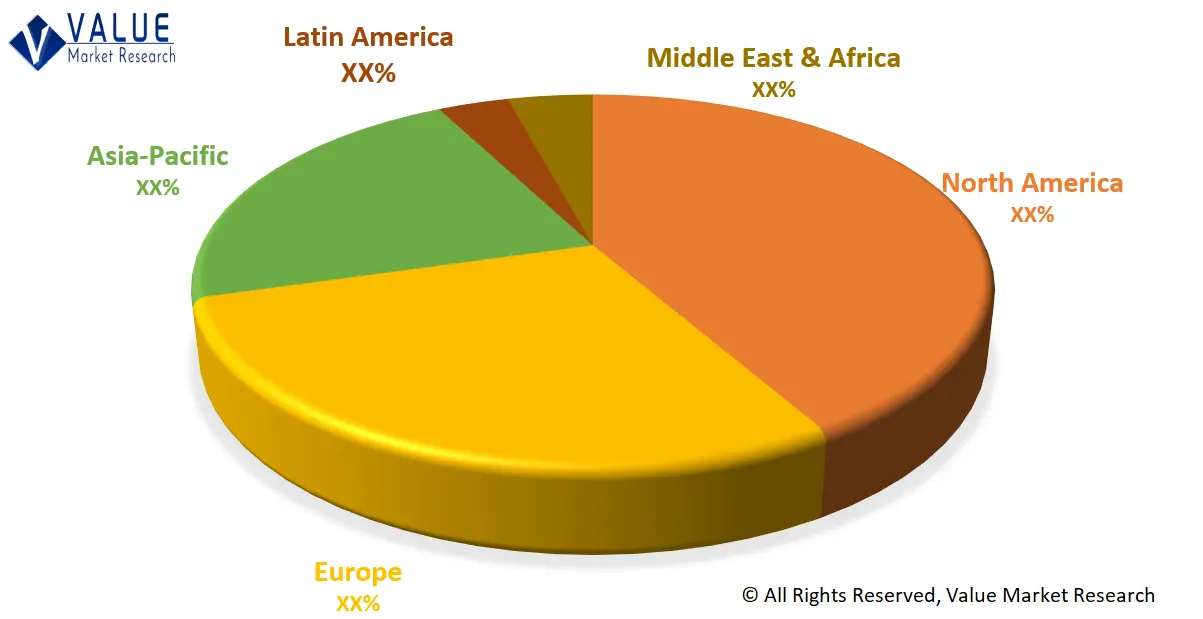The global demand for Pet DNA Testing Market is presumed to reach the market size of nearly USD 965.41 MN by 2030 from USD 435.9 MN in 2022 with a CAGR of 10.45% under the study period 2023 - 2030.
Pet DNA testing is a process of analyzing the genetic makeup of a pet to identify its breed, ancestry, and potential health risks. This type of testing is becoming increasingly popular among pet owners, as it can provide valuable insights into a pet's health, behavior, and personality traits. Pet DNA testing is typically performed using a small sample of the pet's DNA, which can be obtained through a cheek swab or a blood sample. The DNA is then analyzed using specialized equipment to identify specific genetic markers that can be used to determine the pet's breed, ancestry, and potential health risks.
Market Dynamics
Pet ownership is on the rise around the world as more people are choosing to keep pets as companions. This trend is driving demand for pet DNA testing as owners seek to better understand their pets and provide the best possible care. Pet owners are becoming increasingly aware of the importance of maintaining their pets' health and wellness, and DNA testing can provide valuable information about potential health risks and genetic predispositions. This is leading to increased demand for pet DNA testing as a way to proactively manage pet health. Advances in DNA testing technology have made it easier and more affordable to perform DNA testing on pets. The development of new and more comprehensive DNA testing services for pets is also supporting the growth of the pet DNA testing market. Direct-to-consumer DNA testing services for pets have increased as they offer a convenient and affordable way for pet owners to obtain DNA testing services for their pets. This is driving growth in the pet DNA testing market as more pet owners are able to access these services. Pet breeding and genetics are becoming more of a focus for pet owners, particularly those who are involved in breeding or showing pets. This testing can provide valuable information about a pet's genetic makeup, which can be used to inform breeding decisions and improve the overall quality of pet breeding programs.
The research report covers Porter's Five Forces Model, Market Attractiveness Analysis, and Value Chain analysis. These tools help to get a clear picture of the industry's structure and evaluate the competition attractiveness at a global level. Additionally, these tools also give an inclusive assessment of each segment in the global market of pet dna testing. The growth and trends of pet dna testing industry provide a holistic approach to this study.
Market Segmentation
This section of the pet dna testing market report provides detailed data on the segments at country and regional level, thereby assisting the strategist in identifying the target demographics for the respective product or services with the upcoming opportunities.
By Animal Type
By Sample Type
- Blood
- Saliva
- Semen
- Others
By Test Type
- Breed Profile
- Genetic Diseases
- Health & Wellness
By End-User
- Pet Owners
- Breeders
- Veterinarians
Regional Analysis
This section covers the regional outlook, which accentuates current and future demand for the Pet DNA Testing market across North America, Europe, Asia-Pacific, Latin America, and Middle East & Africa. Further, the report focuses on demand, estimation, and forecast for individual application segments across all the prominent regions.
Global Pet DNA Testing Market Share by Region (Representative Graph)

The research report also covers the comprehensive profiles of the key players in the market and an in-depth view of the competitive landscape worldwide. The major players in the pet dna testing market include Wisdom Panel (Mars, Inc.); Orivet Genetic Pet Care Ltd.; Embark Veterinary, Inc.; Dognomics (Clinomics); DNA MY DOG (Canadian Dog Group Ltd.); Basepaws, Inc. (Zoetis); Neogen Corp.; GenSolDiagnostics, LLC; FidoCure (OHC); PetDx. This section consists of a holistic view of the competitive landscape that includes various strategic developments such as key mergers & acquisitions, future capacities, partnerships, financial overviews, collaborations, new product developments, new product launches, and other developments.
In case you have any custom requirements, do write to us. Our research team can offer a customized report as per your need.

